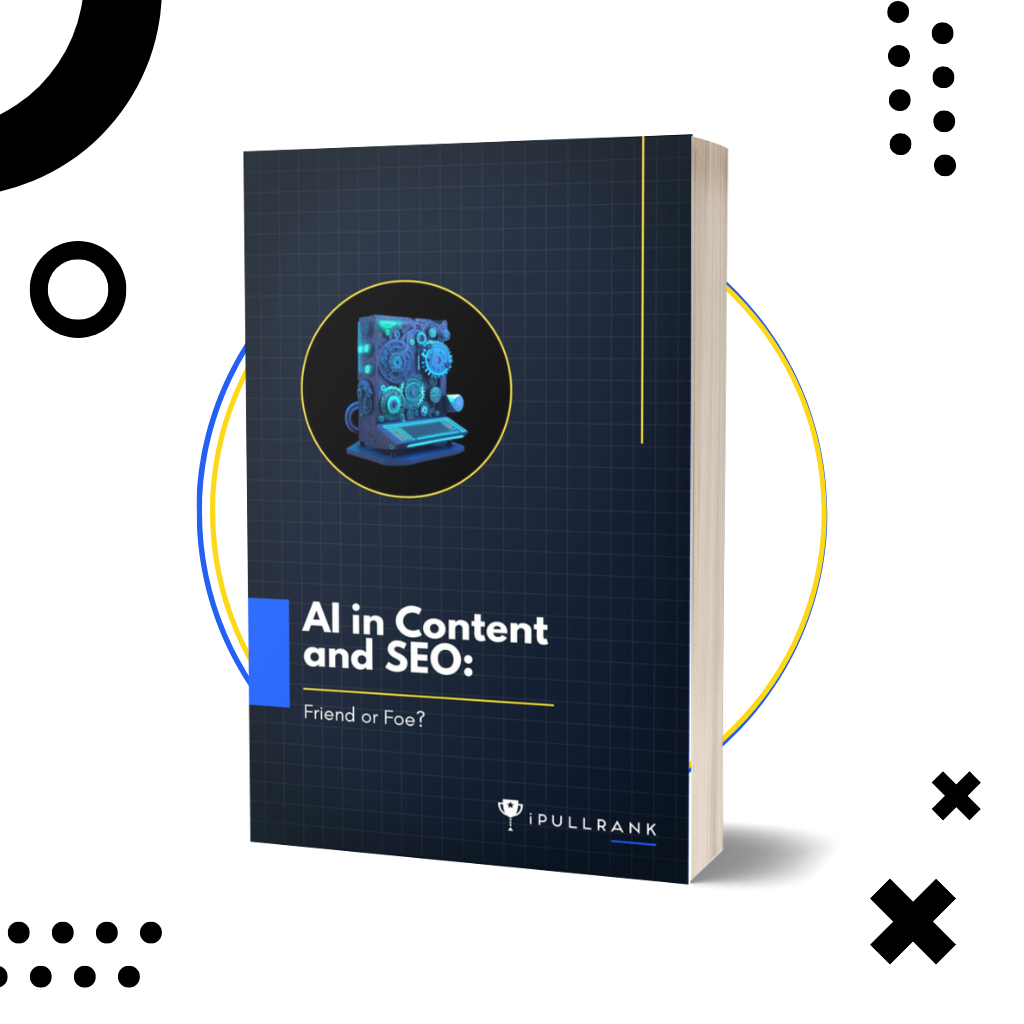In the first episode of Advice From The Hart, Chris shares his experience going from in-house to agency over the course of his career and how he got to where he is now.
He explains the work that needs to be put into a project on the brand side before launching the process of procuring an agency. He identifies steps you can take to start the relationship with your agency on the right foot. He shares the value of putting the right procurement process in place with the right people. And he HATES RFPs.
Chris started out of college working at a Magazine company. He starts learning HTML to help digitalize the print versions of the magazine. 12 years later, Chris is running SEO across several hundred websites. The business was family-owned and got purchased, went through the dot com boom. During that time he got his MBA in marketing management business development.
Chris found himself involved in massive CMS migration projects, redeveloping internal site search tools, and other major projects. He understood what’s important for the business, content creators, and technology employees.
He moved into the agency world. Got deep into SEO. Went to conferences. It’s a common path for a lot of in-house practitioners. He loved the fast pace and unique problems that agencies need to navigate. Chris acknowledges the entangled assets you gain throughout your careers and understands those who move from agencies back into the enterprise.
You need to be able to find a mentor that can help your relationship grow. Learn who you can talk to.
Who is the person that you can work with between the agency and enterprise?
Failure breaks out when the people who bought the services don’t understand what they bought and there are problems handing over the project to the people responsible for its success.
A salesperson might have sold something, but are you aligned on the solution’s needs. For the agency, a lot of conversations happen before the client is even onboarded. There’s a lot of work to ensure the agency employees are briefed on the perspective of the person who spent 6+ months procuring the agency’s services.
Having sat on both sides, the conversation will weave. Whether you’re in-house or an agency, you have to know who the highest level person in the organization whom has management authority over the procurement and the project and what their compensation is based on.
Many times, there’s a disproportionate alignment between the compensation and what the project is going to do for the business. The organization needs to make sure that management is incentivized to do the things that’ll make the long-term health of the organization successful through digital marketing.
Management that’s only compensated on goal completion is going to spend to get immediate results. Immediate results are not obtainable for some projects.
Many pitfalls start with people who believe that rankings or traffic or conversions are the only KPIs you get out of a digital marketing campaign. And that’s not the truth. The reality is if you do it correctly, you get a better understanding of your audience through the data. That helps create new partnerships where you can bring in sources of revenue. Helps inform your content strategy.
Businesses need to think past what the path to conversion is. The only way you’re going to influence conversions, you need to influence the path. And to influence the path, you need to understand the audience. SEO strategy is in essence business intelligence for the rest of the organization.
As an agency person, once you get to the conversation around business intelligence, it can look beyond the ‘what do I get’ mentality. It allows the agency to be better stewards of the project after that understanding.
Everybody wants to sign the big huge logo. Working with the big huge logos is complicated. They don’t trust agencies due to getting burned. Lots of bureaucracy. The reality, in the process of working through a contract, we’re not always interested in finding the cutting-edge solution until you get the basics correct. Do the ABCs.
If there’s no implementation, the results don’t begin. Part of the biggest challenge is putting in the work. Put into play the advice from the agency. There’s always shared accountability for the success or failure of a relationship.
A ton. The worst thing enterprises do is spin up a request for proposal (RFP) written by someone who doesn’t know anything about the project, the goals, the strategy, and the technology. It’s a really annoying gate. Many times, organizations will issue RFPs just to get opinions without the intention of hiring and it’s a major turn-off for high-quality agencies. The end result of putting the time in with the RFP results in disappointment. The RFP is an outdated process run by people that don’t know what they’re doing when they’re implementing the process.
Scenario: A person in a business unit says, “I need a headcount.” They write up something. They send it to a person in HR who may not know what this new employee is going to do. They outsource recruitment. The worst part of interviewing is talking to an interviewer who has no idea what you’re going to do. It’s the same set of problems when hiring an agency.
There are ways of doing away with the RFP and installing proper interview processes. Just identify the people in the organization that need to be part of the decision process. Have them take on the hiring independent of the RFP process. Have them be part of the sales conversations with the agencies.
Nobody likes RFPs.
The planning of the project
Having the lead who is launching and procuring the agency knowing what they’re talking about (or at least know what they don’t know)
It’s all tied to the executive-level goals in terms of revenue and business development
Christopher Hart
Title: Executive Director of Client Strategy at iPullRank
Bio: Interactive marketing veteran specializing in strategy, operations, business development, client services, project management, and leadership of Search Engine Optimization “SEO” for digital/social/mobile/content marketing campaigns that enable clients & organizations to drive measurable returns while consistently exceeding expectations.
Leveraging 20 years of interactive experience, he has optimized integrated programs across all channels in the Publishing, Entertainment, Insurance, Finance, Banking, Energy, Legal, B2B, and B2C industries.
Host: Garrett Sussman
Title: Demand Generation Manager
Garrett loves SEO like the 90s loves slap bracelets.
Every other week he interviews Chris about the world of enterprise brands and their agency relationships.
Enjoy this series? Check out Garrett’s video show round-up of everything search engine optimization: The SEO Weekly

iPullRank is a pioneering content marketing and enterprise SEO agency leading the way in Generative AI, Technical SEO, Audience-Focused SEO, and Content Engineering. People-first in our approach, we’ve delivered $4B+ in organic search results for our clients.

iPullRank is an NMSDC-certified Black-owned business. We support the NMSDC network in its mission to reshape the diversity landscape.

iPullRank is a pioneering content marketing and enterprise SEO agency leading the way in Technical SEO, Audience-Focused SEO, and Content Engineering. People-first in our approach, we’ve delivered $4B+ in organic search results for our clients.

iPullRank is an NMSDC-certified Black-owned business. We support the NMSDC network in its mission to reshape the diversity landscape.


